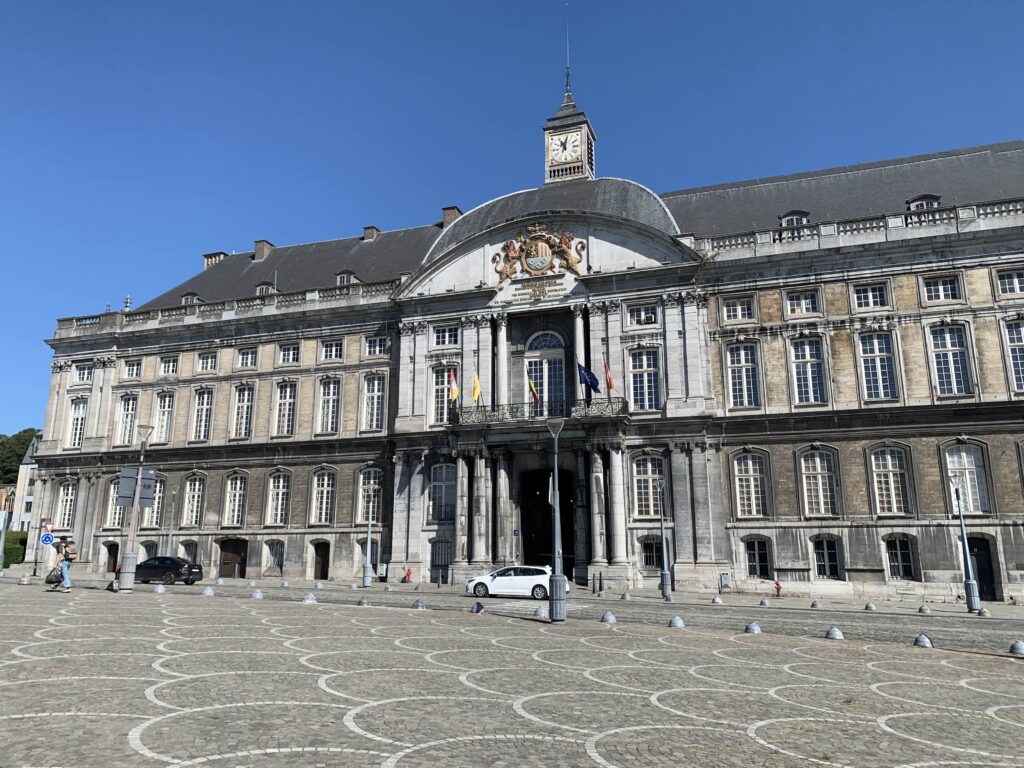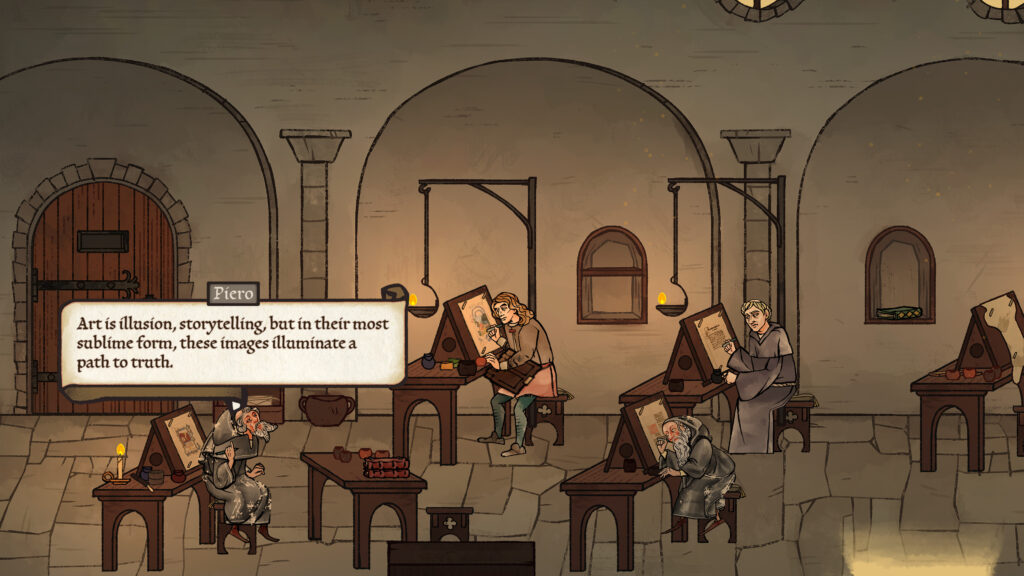Heya friendos! I’ve just come back from a short vacation to Liège with my brother and father. Beer and waffles were involved, as well as an appreciation for architecture and history. So while I’m on my post-vacation high, let’s talk about some of that history, shall we?
How Am I Doing?
We had a pleasant little trip, during the hottest weekend in the year, but have now returned to grey skies in Paris. It was a lot of fun, but after all that beer, meat and potatoes, I definitely need to mind my vitamin intake the next few weeks!
What I particularly liked about Liège, is that you can clearly see history that took place there. According to my father, it was a mining town some 50 years back. Along the river, you can see the effect that had on the town. Huge, abandoned apparatuses dot the horizon, interspersed by trash heaps that have since grown into green hills.
Earlier history was also palpable. The first mentions of the town that is now called Liège are from the 500s. At some point, it became the capital of the region, under the Holy Roman Empire. Some buildings from that time were well-preserved or reconstructed, including the Prince-Bishop’s palace. There are also quite a lot of monasteries and cloisters nearby that function, where monks and nuns still honor their vows. That coincides with my recent historical obsession. More on that next!

What Am I Doing?
Earlier last week, I was still knee-deep in research. I was still reading and watching content about the Joseon dynasty as well as playing Pentiment. Pentiment is a historical narrative game set in Bavaria during the Holy Roman Empire. The art style is also inspired by works from that time, such as medieval manuscripts and woodcuts. Funnily enough, despite the direct similarities to Rumorweaver, I initially played this game just for fun.
But the more I got into it, the more I saw it as inspiration and market research for my own project. The developers of Pentiment put a lot of thought and care into making sure it is historically accurate. It’s an interesting pitfall. A lot of times, historically accurate stories get bogged down by dreary dates, royal lineages, and regional conflicts. Those things shape our idea of history because they are well documented. That is our history as a society, not necessarily someone’s personal history. Naturally, those events influence our environment, sometimes more directly than we’d like to, but it’s not our own story to tell.

What’s great about Pentiment, is that you can taste the history everywhere, but all the character’s stories are intimate and personal. You converse with monks and peasants, who all feel the weight of the political landscape, but still go on with their lives. People get married, have children, have petty feuds, and die of causes unrelated to any major plot points.
Why Am I Doing? (this)
Pentiment does a great job at highlighting the human throughout the story. Even when the plot escalates and the trivial becomes less important, the characters still feel like everyday people. It could have very well been a modern story. But the historical is still more than just background, it strongly informs the themes and plot points, as well as the presentation.
Rumorweaver, in a lot of ways, has the same goal. I want you to experience the mundane and empathize with its characters, even though they live in a very different time than we do. After all, it’s still easier for most people in the world to understand the struggle that rising taxes bring to your daily life, than it is to understand your siblings bickering for the throne.
